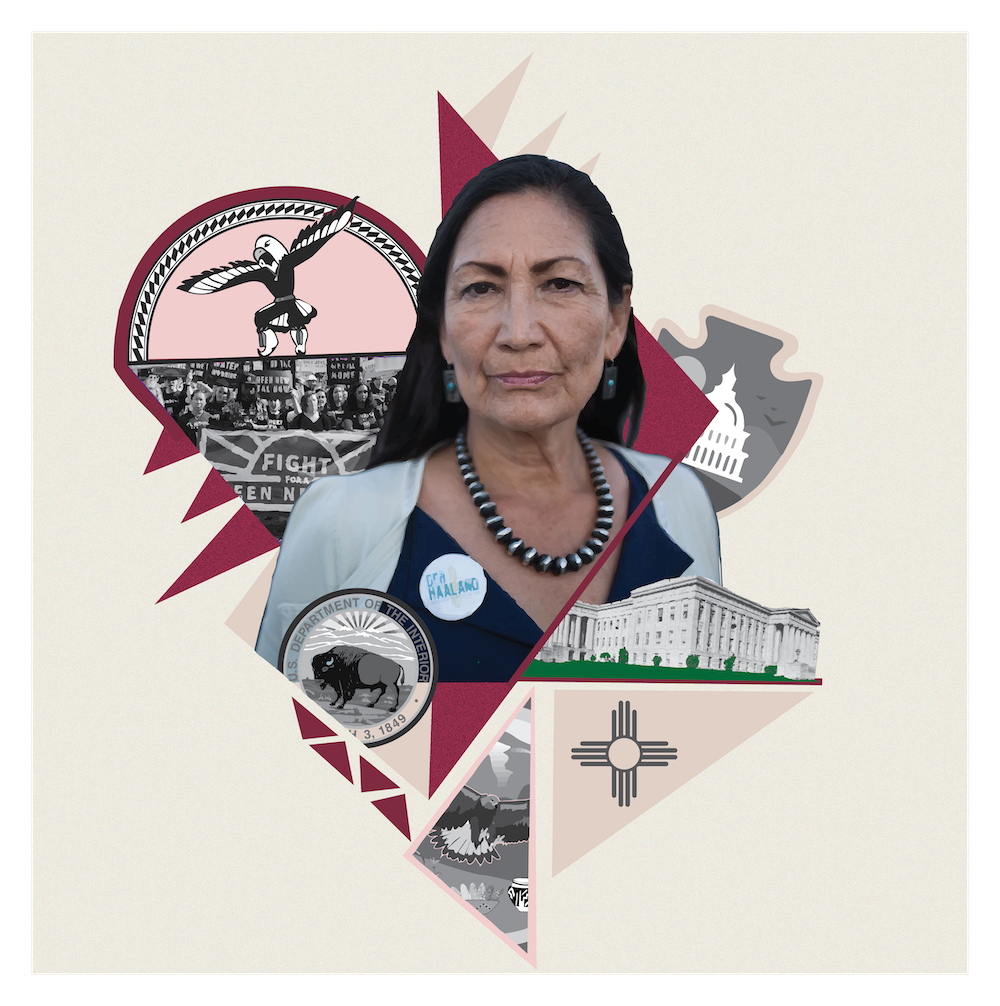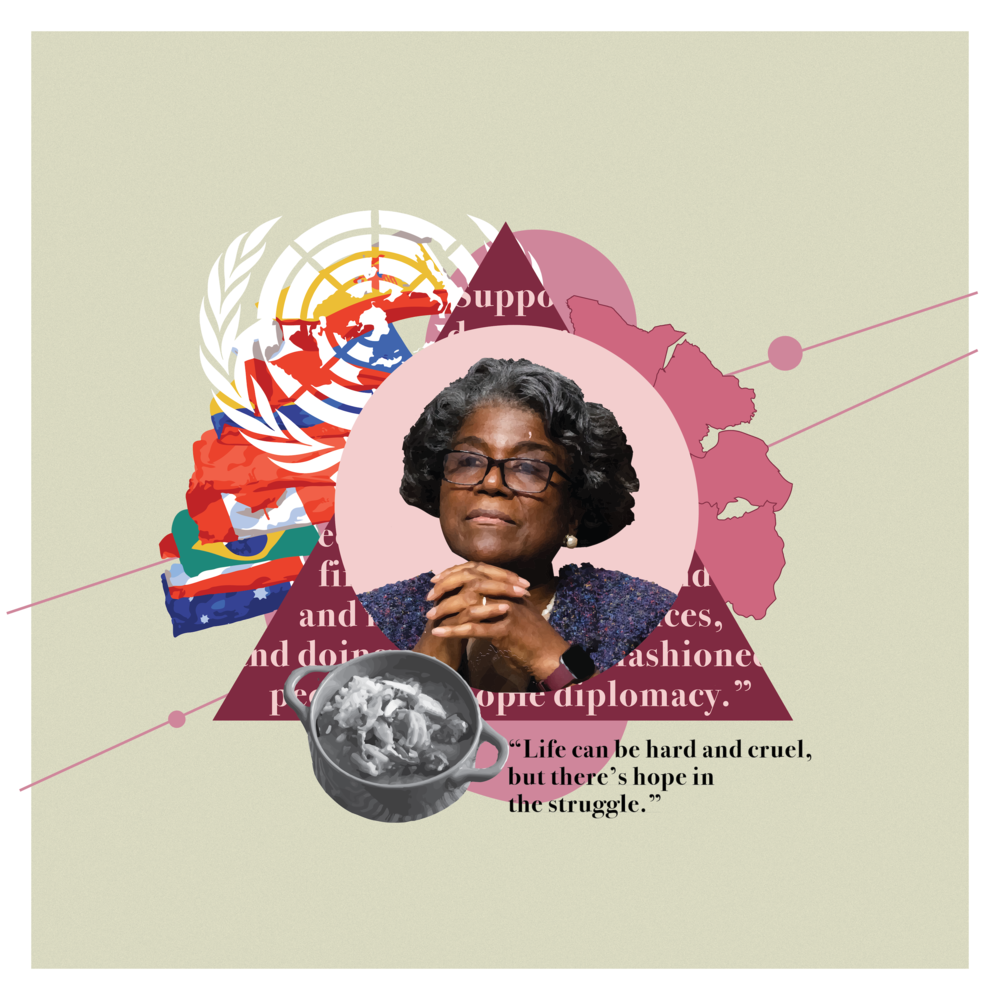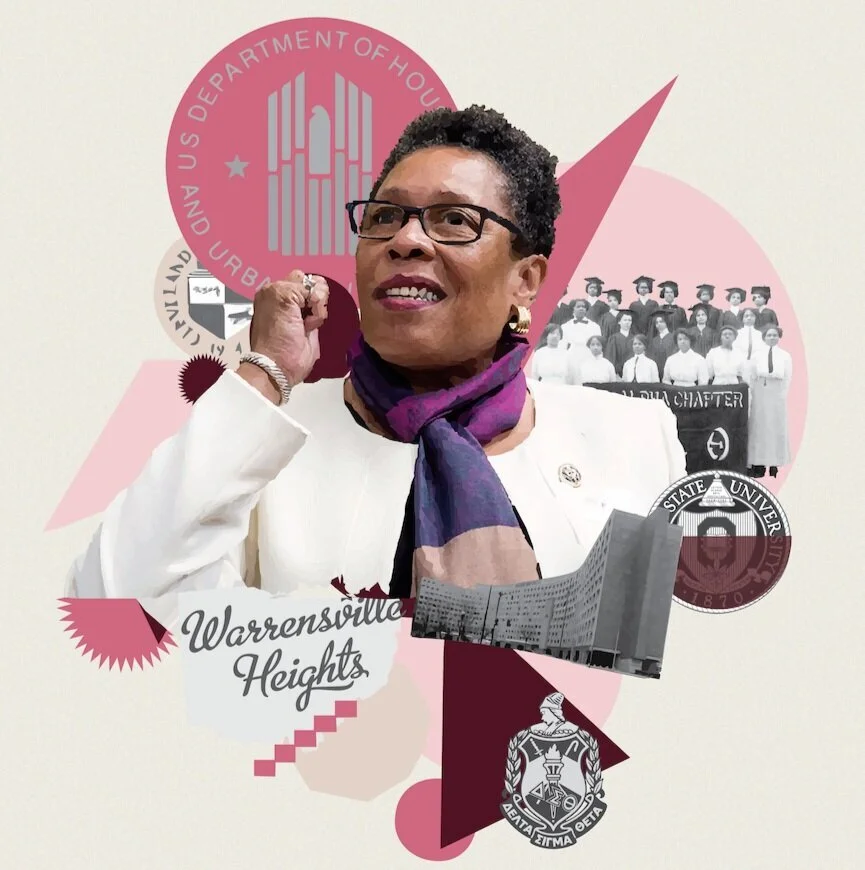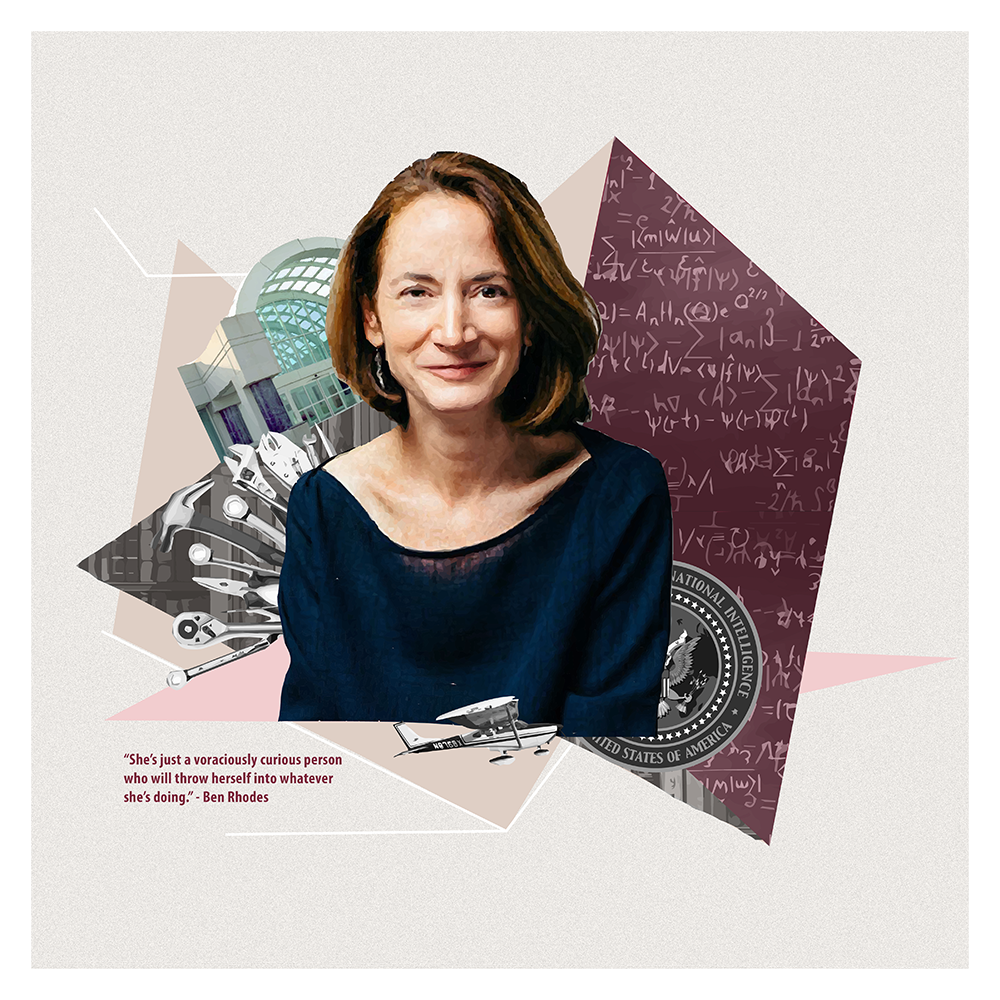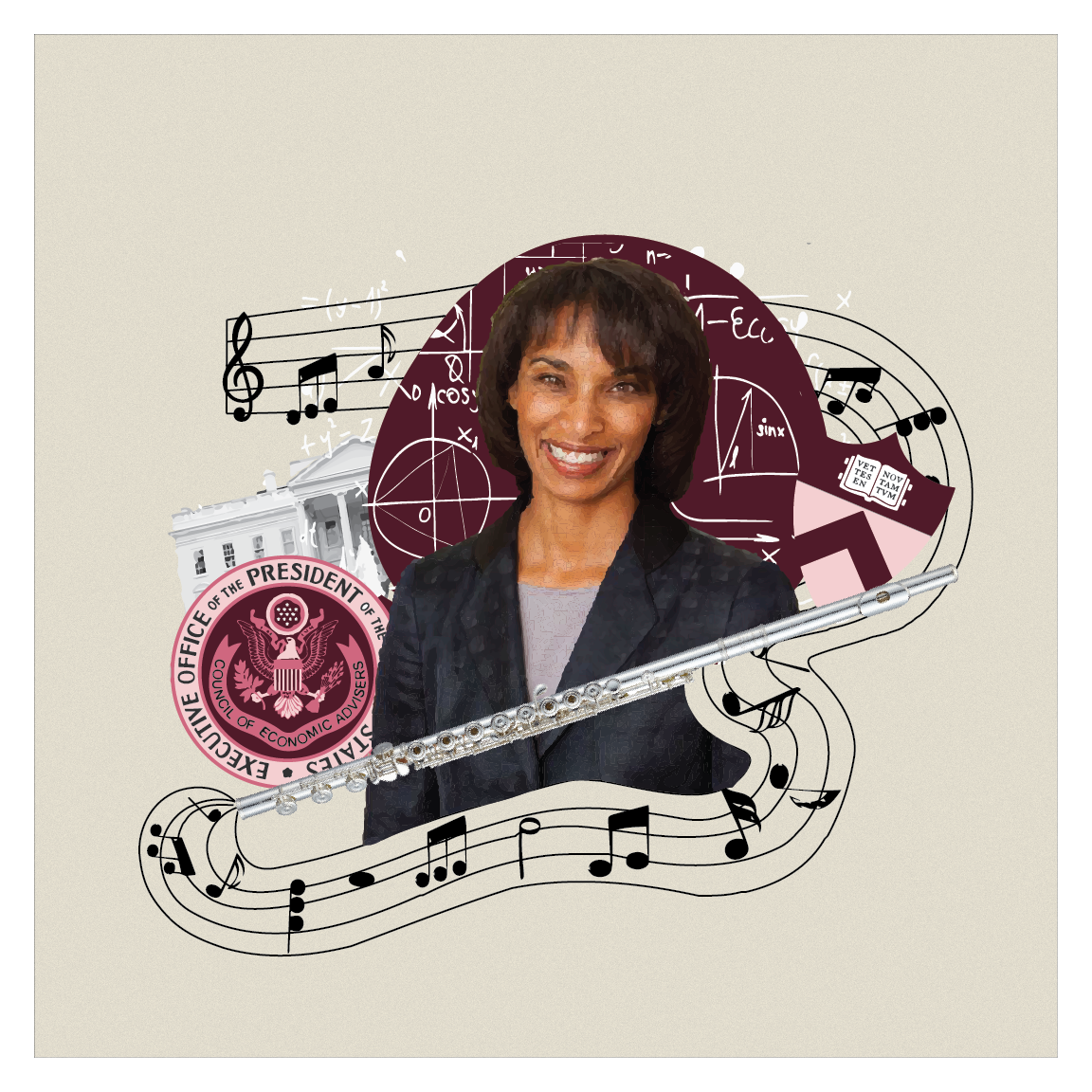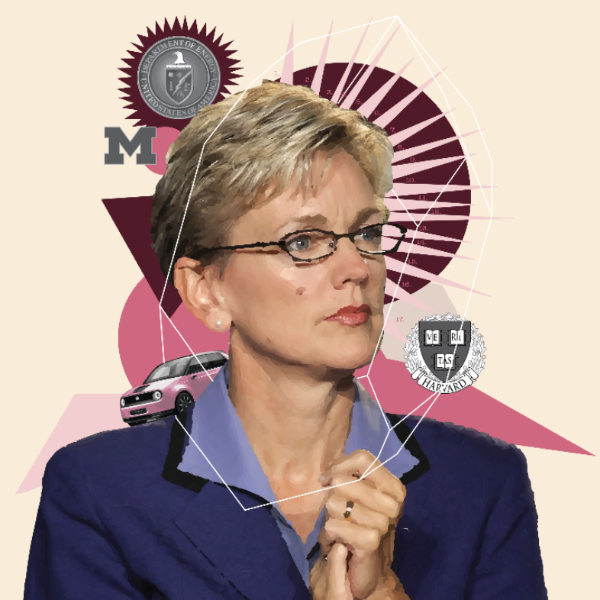As I recounted in my book, Becoming a Dangerous Woman, for the few of us who had broken into the almost all white/all male media world of the early '70s, it was understood that If you wanted to be taken seriously as a journalist, you stayed away from "women’s stories," hoping to avoid the female ghetto of reporting on fashion, food, or celebrity gossip.
That never made sense to me and I spent my career working to bring more substantive stories about women to a larger audience. And while we are still a long way from reaching true equality in the reporting of women's perspectives in news stories (made clear in recent research by the Gates Foundation and the Women’s Media Center), we need to keep at it. Never has better representation of women's lives, ideas, challenges and accomplishments been more needed to strengthen and sustain our democracy.
In order to fully comprehend what is happening in America in 2020 and where we might go from here, we need to hear from women voters. In my home state of Georgia, for example, if you want to understand why the state elected Joe Biden and Kamala Harris — turning blue for the first time since 1992 — we need to hear from Black women voters.
And it is a woman journalist and a news service focused on women’s stories, The 19th* News, that provides that understanding. Just this past week, editor-at-large Errin Haines reported on a new poll of 500 Black women about the Senate runoff elections happening January 5 in the state. (Early voting started Monday.) Stories like this one, focused on understanding Black women's concerns and recognizing the power that they have by using their votes and their participation, represent incredible progress as well as important understanding of the perspectives of a vital community of voters.
I encourage you to read the entire article, but the highlights of the poll, conducted by Higher Heights for America, are that more than 80 percent said that they “care a good deal about who wins” and that their vote has “a lot of power” to affect what happens in their community. Furthermore, nearly 9 in 10 said the Senate “has an impact on their daily life.”
"According to the poll, Black women are also connecting their top priorities to pending legislation that will be decided by the incoming Congress. More than 7 in 10 ranked COVID-19 as their main issue. More than half, 54 percent, said racism and discrimination was their priority, and 42 percent ranked health care as their most important issue. Three in four Black women polled said they considered legislation on pandemic relief and police reform as the most impactful for Black women and their communities." Read more...
So this week, I want to write about three organizations working to elevate women's voices, stories, ideas, challenges and contributions in media. Media matters because it is both the message and the messenger, and in this post, I am the messenger about how you can support this work.
Women’s Media Center
The Women's Media Center began with a gathering one rainy Sunday afternoon in 2004. The diverse women leaders who assembled that afternoon and evening — including Gloria Steinem, Jane Fonda, Robin Morgan and several others — all agreed that it was time for a more active strategy to address this chronic issue in the media industry. Within weeks, we assembled the Women's Media Center. I was a founding co-chair of the WMC board and continue to serve as Co-Chair Emerita.
Today, the Women’s Media Center is a progressive, nonpartisan nonprofit organization working to raise the visibility, viability and decision-making power of women and girls in media and, thereby, ensuring that their stories get told and their voices are heard. This week, WMC launches a new Climate Channel focused on how the climate crisis affects the lives of women, indigenous people, people of color, and others whose needs and welfare tend to come last around the world. This adds to other digital channels launched in the past few years, including IDAR/E, which spotlights the voices of diverse Latinas on a range of current and emerging issues, and FBOMB, an intersectional teen feminist media platform created by and for socially conscious youth.
WMC research and reports illuminate the underrepresentation and misrepresentation of women in the media. The WMC news and features provide progressive women's perspectives on headline stories and trends ignored or misrepresented in the mainstream media, including feminist analysis of news events; stories that examine the media’s treatment of women; stories about women in the media industry; and coverage of issues of concern to women in areas such as climate change, economic justice, racial justice, politics, human and civil rights, reproductive rights, women in media, and women as leaders. You can sign up for the WMC newsletter here and donate to the center here. Your support is crucial to the work!
The InfluencHER Project
I wrote about The InfluencHER Project in a recent blog that you may read here. Nearly a year ago, I was invited to serve as an editorial advisor for this project—a weekly newsletter and social media community that curates and shares content created by women in order to elevate ideas and opinions and reinforce female expertise on a range of topics. Along with Apiorkor Seyiram Ashong-Abbey and Alison Smale, my fellow editorial advisors, we work closely with founder Christine Heenan and her team to review content from women around the world, both established and emerging voices, and discuss which pieces are most resonant for that week's newsletter. I hope you will sign up for the newsletter and share the stories on your social feeds tagging @InfluencHERproj. Please follow us, as well!
The 19th* News
With everything going on this year, you may have missed the launch of a new news website staffed entirely by women. The 19th* News, named to reflect the unfinished business of the 19th amendment (a fact they acknowledge in their logo with an asterisk), has an impressive mission. Their goal is to "empower those we serve — particularly women, people of color, and those historically underserved by American media — with the information, resources and community they need to be equal participants in our democracy."
The 19th* was co-founded by CEO Emily Ramshaw, the former editor-in-chief of the Texas Tribune, who decided to leave that successful online venture and start her own nonprofit, nonpartisan newsroom reporting on gender, politics and policy.
The mission of The 19th* News is tied to representation and achieving equity throughout our society — in the newsroom, in the stories they cover, in the voices they amplify, in the halls of government and in executive suites. They've been live since the summer and I'm a big fan of their work.
As Emily has said, "This is unique and original coverage about the role of gender in influencing politics and in setting policy. So it's about electability. It's about inequity. It's storytelling from across the country that really empathizes with the lived experiences of women in America."
As someone who has worked to elevate women's stories my entire career, I am 110% behind them in their mission. That's why I'm supporting them with a personal fundraiser that I hope you will consider donating to in your end of year giving, if you are able to give this year. You can learn more about The 19th* News here and read some of my favorite recent stories from their collection "On the Rise."
Onward!
— Pat







